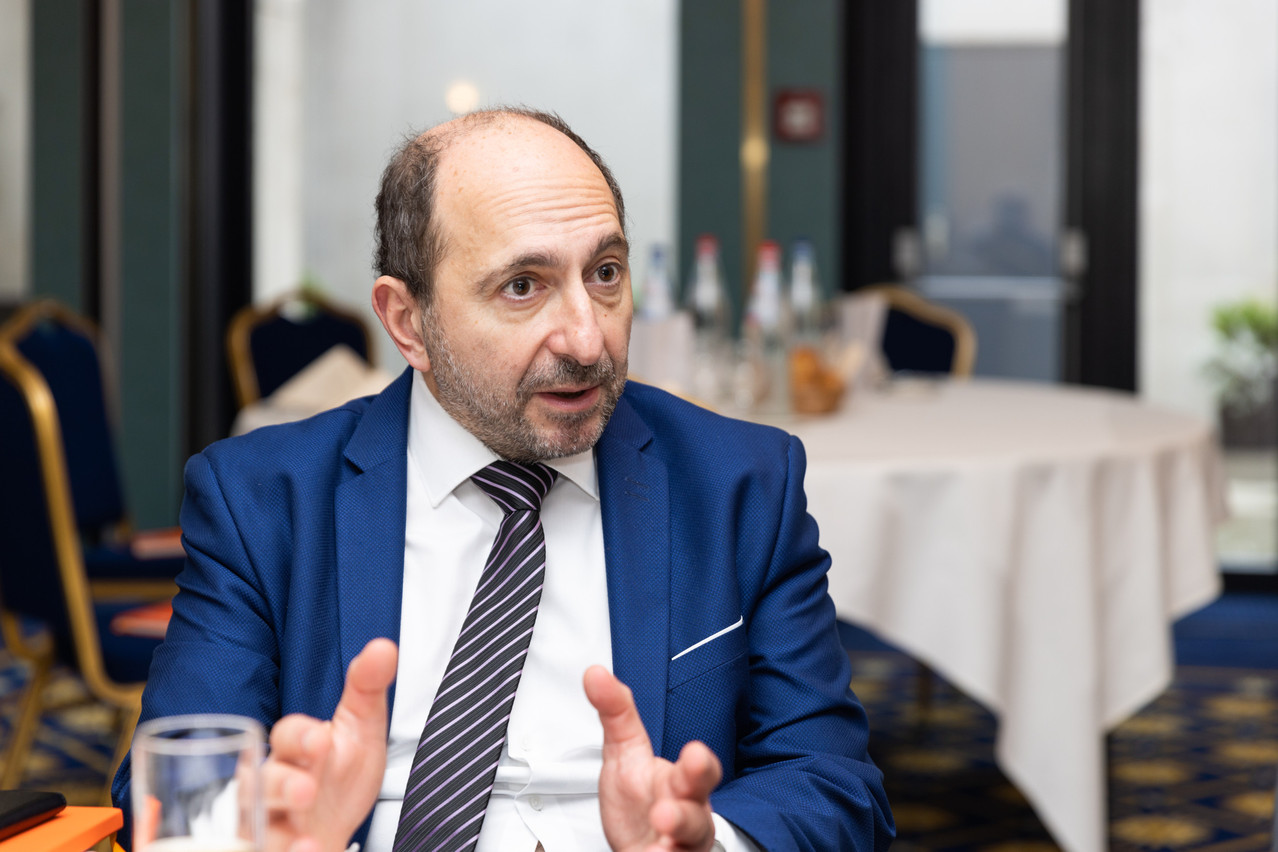European stock markets rallied at the beginning of the year, the European Union’s statistics bureau Eurostat announced that inflation in the euro area decreased from 10.1% in November 2022 to 9.2% in December 2022, and the euro has rebounded after reaching parity with the US dollar last autumn. These all seem to be positive signs for the European economy. So, is the rally in European stock markets a sign of a strong economy in Europe?
“Certainly not,” answered Didier Borowski, head of macro policy research at the Amundi Institute. “Recent news flows on the macro side tends to indicate that we won’t have a recession in the euro zone. But still, we expect a very sluggish growth.” The International Monetary Fund, in a press briefing on 30 January, in 2023.
We believe that we have entered in an environment which will be structurally more inflationary.
No V-shaped recovery is coming in Europe, which is what happened after the covid-19 crisis. “You cannot really expect savings to boost economic activity like after the covid crisis,” explained Borowski, because savings have not been accumulated. There is no pent-up demand this time. Instead, savings have been depleted, and there is additional pressure on household consumption. With the energy crisis, there has been a “structural shock” on households’ purchasing power.
So even if a recession is avoided, the next two years will probably see very sluggish growth. “In addition to that, we really believe that commodity prices will stay elevated,” said Borowski.
Core inflation likely to prove “sticky”
Caution must therefore continue to be exercised. Despite recent indications that say that Europe will not undergo a recession, “we really do believe that profit margins will be under pressure,” added Borowski. “And when it comes to equity markets, we believe, still, that there is some excessive complacency regarding the profit that will be released in the first half of the year.”
It’s not enough to look just at “headline” inflation, which will probably continue to mechanically decelerate, said Borowski. Instead, one has to “disentangle” the short-term effects from the long-term effects and look at core inflation on a month-to-month basis. When it comes to core inflation, Amundi believes that will likely prove to be “sticky,” which combined with sluggish consumption, will probably lead to a “downward pressure on corporate profits.”
Read also
Moreover, Borowski anticipates that the European Central Bank will remain “hawkish in terms of communication,” and says that no pivot is coming. The ECB is very likely to hike rates by 0.5% at its 2 February meeting; Amundi expects it to remain hawkish in the coming months and believes that the terminal rate is around 3.5%. “I believe that there is significant probability that the ECB will want to do more than what is priced in,” Borowski added.
“It’s certainly not the return to the good old days of very low inflation in the eurozone,” Borowski insisted. “We believe that we have entered in an environment which will be structurally more inflationary.” Higher prices for commodities, fossil fuel prices, less disinflation and the energy transition will all play a role. “We do believe that in the coming decade, inflation will trend higher than the past two to three decades.”

